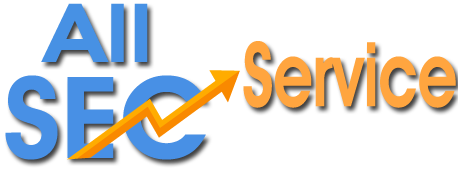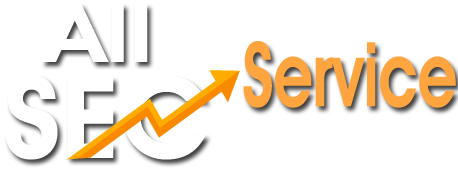A slow website can really take a hit on user experience. And bad user experience leads to low engagement and a high bounce rate. When you are designing a website, you must use all the techniques that can make your website faster. A fast website plays a very important role when it comes to enhancing user experience.
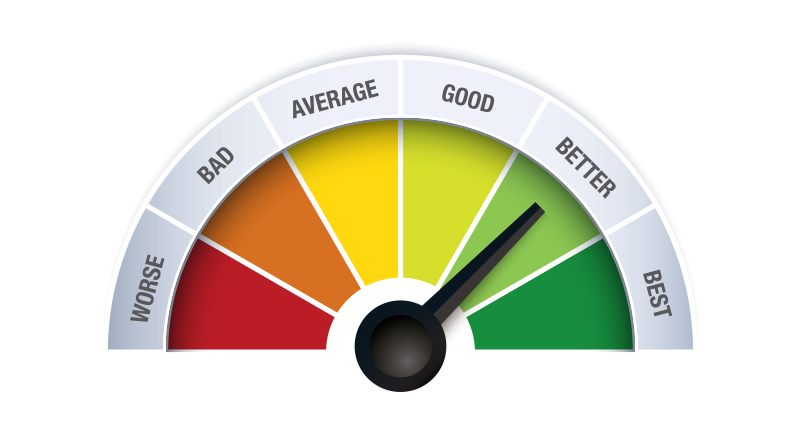
So, imagine that a potential customer is visiting your website and he ends up leaving instead of buying anything just because your website is slow. You wouldn’t want that, right? There are many ways that can help in enhancing the speed of your website. I have mentioned some of them below.
Optimize and Compress Images
Images play a critical role in the speed of a website. The more images on a page, the longer it might take for a it to load. But images also brighten up a website, right? So, what you can do is, optimize your images to support a faster webpage. By compressing an image size, you will be able to load a page much faster. Using vector images can also help with the speed. You should also make sure that there is no unnecessary data attached to your image that might make it heavy for loading.
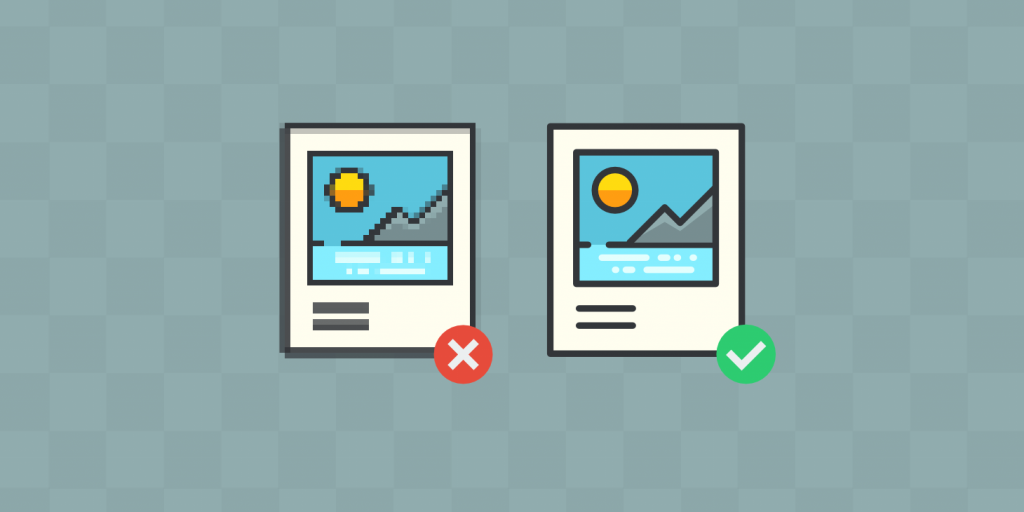
Optimize CSS, HTML and JavaScript
An optimized code has a lot of benefits. It ensures better readability and higher consistency. It is also very essential for a fast website. There are tools that help you minify your CSS, HTML and JavaScript code. These minified and optimized codes increase the speed and performance of the programs. Hence, making your webpage loading time much faster.
Minimize HTTP Requests and Enable Browser Caching
Every time a page loads, it generates HTTP requests. A request is generated for each component on the page and the component only appears if a response for its request is received. First you must check and count the number of HTTP requests being generated. Once you have that number, you can go to the root cause in case of too many requests. Fixing problems like unnecessary data, too many images etc. will lead to a fast webpage loading.
Another way of speeding up your webpage is by caching necessary data on the user’s browser. When some data is stored on the browser’s temporary storage, the browser needs to load less data. This is how the webpage loads faster by enabling browser caching.
Reduce Redirecting
Too many redirects will make your website slow and will lead to a bad user experience. You can always reduce redirecting by keeping your content and page addresses up to date. When you publish new content, you must direct your traffic and resources to it rather than redirecting. You can also send your user to a different temporary page if a specific page is under modification or needs fixing.
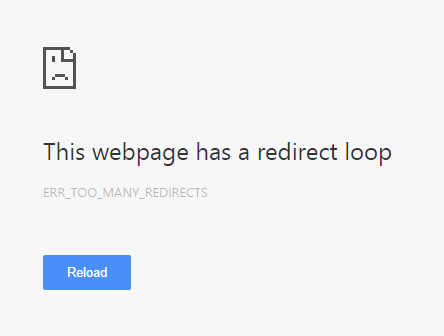
Improve Response Time
Server response time or SRT is the time it takes a webpage to send a request and get a response in return. There are several ways through which you can improve and increase your SRT. You must check your hosting in order to see if you have enough resources to handle your traffic. Choosing an appropriate web server is also very important when it comes to better results in terms of SRT. You should also focus on optimizing your web servers and databases to ensure efficiency and effectiveness. This will surely result in a better SRT for your website.
These are only a few techniques that you can use to make your website faster. But no matter how much you do, there will always be something new to implement. I hope these tips helped you enhance the performance of your website!
